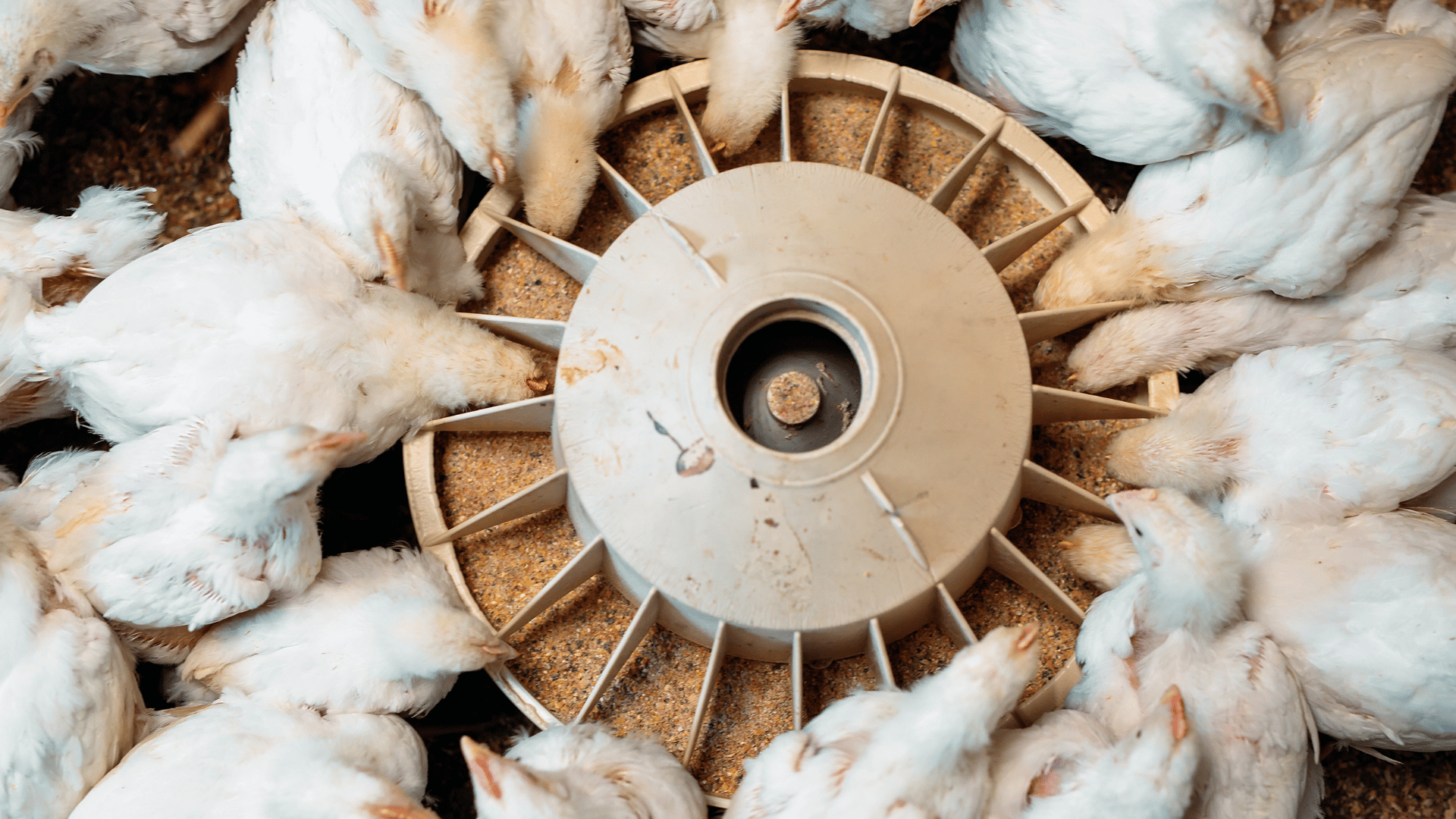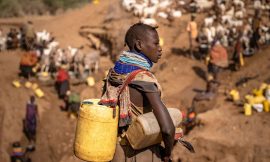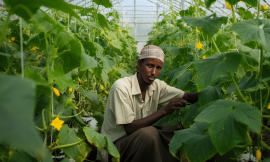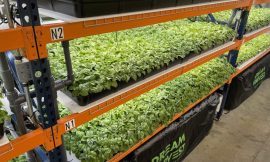Editor’s Note: Black soldier fly (BSF) larvae contain protein levels comparable to soybean meal, providing a cost-effective, environmentally friendly feed alternative for poultry. Across Kenya, smallholders are pioneering BSF-based systems that reduce feed costs and manage organic waste sustainably. As global demand for insect protein rises, such locally-led innovations could transform Africa’s agrifood systems for increased resilience.
The rising cost of poultry feed is a major challenge for smallholder farmers in Kenya, limiting productivity and profitability. Recognising this issue, Mr. John Kariuki, an agriculture student at Rift Valley National Polytechnic (RVNP), launched an initiative to integrate black soldier fly (BSF) farming into poultry production systems. By harnessing black soldier fly larvae as an alternative protein source, farmers in Olrongai have significantly reduced their reliance on expensive commercial feeds.
Through training programs, Kariuki has equipped local farmers with the skills to rear black soldier flies, process insect-based feed and manage waste sustainably. This innovation has revolutionised poultry farming by improving affordability and promoting environmentally friendly practices.
Overcoming challenges in sustainable feed production

Despite its immense potential, the adoption of BSF farming faced initial resistance due to limited awareness and misconceptions about insect-based feed. Many farmers were sceptical about the nutritional benefits and were hesitant to shift from traditional feed sources. Additionally, setting up BSF rearing units required technical knowledge and investment, which posed a barrier for small-scale farmers.
Through targeted community training and demonstration farms, Kariuki and his team addressed these concerns, showcasing the superior growth rates and health benefits of BSF-fed poultry. As acceptance grew, more farmers embraced the innovation, recognising its role in reducing feed costs and enhancing farm profitability.
Innovative solutions for economic and environmental impact
The BSF initiative not only improves poultry farming but also addresses waste management challenges. By utilising organic waste as feed for black soldier fly larvae, farmers create a circular economy that reduces environmental pollution and enhances soil fertility through composting.
Additionally, the project has generated employment opportunities for women and youth engaged in insect farming, feed processing, and distribution. The affordability and sustainability of black soldier fly feed have made poultry farming more accessible to low-income farmers, strengthening food security in the region. Through strategic partnerships and knowledge-sharing, the initiative continues to expand, benefiting more farmers across Kenya.
Scaling up for a sustainable future through black soldier fly farming
John Kariuki’s ground-breaking work has gained recognition at local and national levels, earning invitations to agricultural forums, exhibitions, and innovation competitions. His efforts align with Kenya’s broader goal of promoting climate-smart agriculture and sustainable food production. Through his leadership, RVNP has established itself as a hub for agricultural research and innovation, inspiring other students to develop practical, scalable solutions.
Building on this success, Kariuki and his team are working to expand BSF farming across more regions, collaborating with agricultural institutions and policymakers to promote widespread adoption. Future plans include setting up BSF training centres, enhancing farmer cooperatives and integrating more sustainable feed production techniques.
By fostering innovation and empowering local communities, this initiative is paving the way for a future where smallholder farmers can thrive without being burdened by expensive feed costs. The success of BSF farming in Olrongai serves as a powerful example of how science, sustainability and community engagement can drive transformative change in agriculture.






